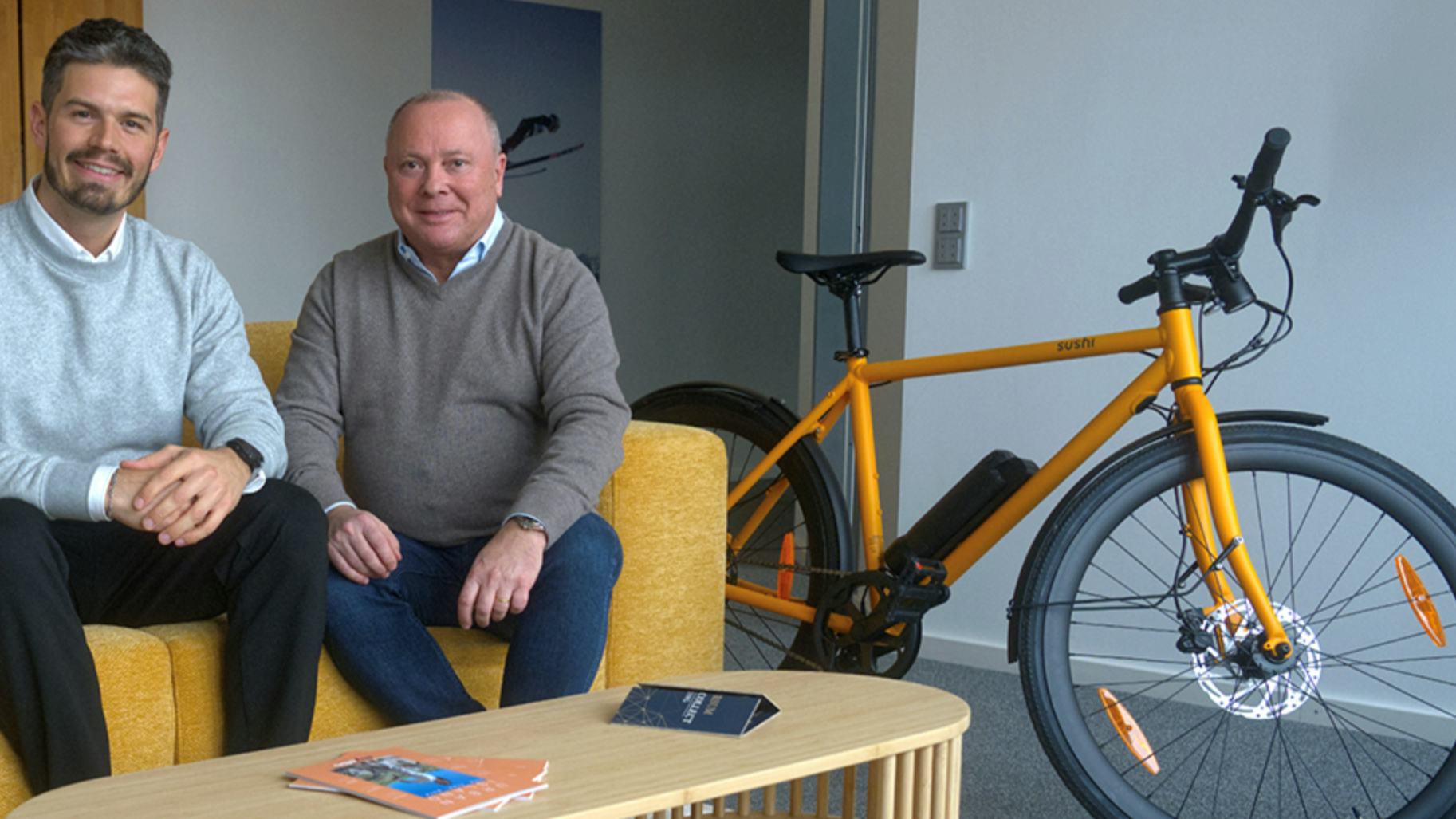With over 130 years of history and more than 12 million bicycles produced in 2024 alone, Shanghai Phoenix is an iconic name in the global cycling industry. From its origins in 1897 as Tongchang Bicycle Shop to its listing on the Shanghai Stock Exchange in 1993, the company has continually evolved. At this moment, it is operating as a multi-sector conglomerate in mobility and beyond. From classic urban bicycles to the latest high-performance sports e-bikes, it has maintained a clear focus on cycling and mobility innovation. Its efforts in green transport advocacy and lifestyle-oriented design reflect its dedication to building a healthier and more sustainable future.
The company’s entry into Europe marks a new chapter – one that brings its rich heritage and manufacturing expertise directly into the heart of the EU market.

European operations: strategic location and scalable production
Phoenix Bicycle Europe’s headquarters and state-of-the-art production facility are currently under development in Plovdiv, Bulgaria. This will become a key logistics hub and economic centre. Operations are scheduled to begin in November 2025, with two automated conveyor lines and an initial production capacity of 10,000 e-bikes per month.
First appearance at Eurobike 2025
The company will make its official debut at Eurobike 2025, where it will showcase the strategic advantages of its new EU-based operations. Philip Donchev, CEO of Phoenix Bicycle Europe, sums up the advantages for us. “It is very efficient to manufacture our products in the European Union. This way, we can guarantee a streamlined supply chain and respond rapidly to shifting market demands. We produce our core components in-house, such as frames, spokes, rims, and chains. Besides that, our global R&D and design teams work together across Europe and Asia. But we have a dedicated customer service and after-sales support for our clients in Europe.”

Mission: supporting the shift to smarter mobility
“It is our mission to lead the transformation of urban mobility in Europe by delivering high-quality, EU-compliant electric bicycle manufacturing solutions,” notes Donchev. “We are committed to empowering OEM partners with innovative, sustainable, and reliable services that support the continent’s shift toward cleaner, smarter transportation.”
Global reach and proven experience
Phoenix Bicycle Europe inherits a robust global portfolio. It can rely on decades of experience serving major global clients – including Walmart, Coppel and Kmart – and an active expansion into markets such as USA, Japan, Australia, and New Zealand. This global perspective is now combined with a growing focus on the specific demands and regulatory standards of the European market.
Experienced European team
“The European division is led by a team of industry professionals with over a decade of experience in R&D, manufacturing, sales, and service,” continues Donchev. “The team has deep market knowledge, proven factory development expertise, and a strong commitment to customer support. So we are ready to deliver tailored OEM services and high-quality production for partners across Europe.”
And then Donchev concludes: “We are poised to become a reliable OEM partner for the European e-bike market. By combining tradition, technology, and local production, we want to drive the future of sustainable urban mobility.”
This article is sponsored by Shanghai Phoenix Bicycle.











